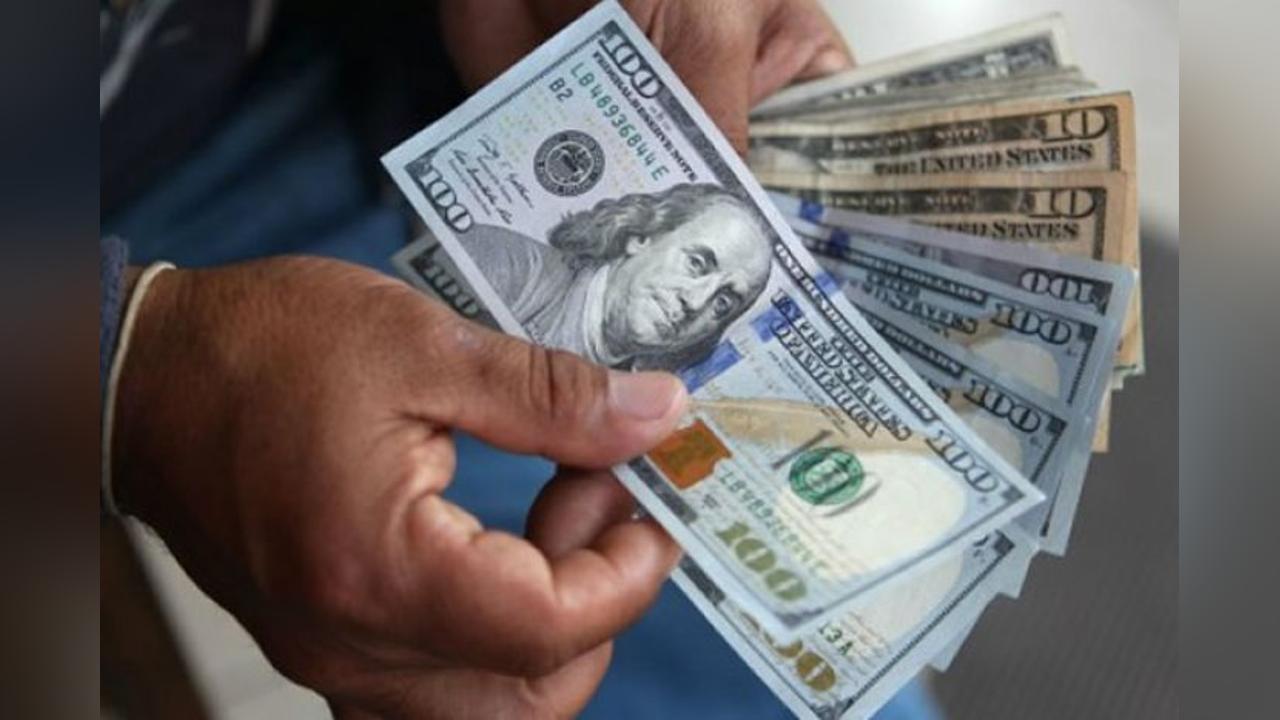Africa-Press – Angola. Commercial banks operating in the national market face, in a scenario of foreign currency shortage, difficulties in providing foreign currency to bank customers who request it, via withdrawals at the counter, concluded Expansão in a round carried out in 10 banking institutions, namely, BIC, BAI, BFA, ATL, SOL, SBA, BCGA, BCI, Yeto and BCA.
According to information gathered at bank counters, most of these institutions reported that the service was not available, justifying this with the current foreign exchange market scenario. However, even in these circumstances, some of these institutions do have the service in place, where the customer must make a request that will be met when the bank is available to do so, and the customer is also required to meet certain conditions.
For example, at BIC bank, withdrawals at the counter are only permitted for customers with a salary account domiciled at the bank, and they must present travel documents. After making the withdrawal request, there is no set waiting time. The applicant must wait for the bank to contact them.
Like this bank, BFA also allows withdrawals only for customers who present documents proving their trip, but guarantees that the requested currency will be made available two days after the request.
Other banks, such as BAI, reported that they have the service available and the customer can make the withdrawal at any time, as long as they have the amount in foreign currency available in the account and the bank has availability.
Banks are out of line with the law
According to the law of the National Bank of Angola (BNA) on the rules for carrying out “foreign exchange transactions by individuals”, banks may waive the presentation of supporting documentation for unilateral bank transfers, except when there is suspicion that the transaction is illegal. This is not the case, as most banks continue to require their customers who have accounts in foreign currency to present supporting documents for such withdrawals, such as travel tickets, for example.
Requesting travel documents is a common practice in this market even in good times, explains economist Fernandes Wanda, adding that this measure by banks also ends up discouraging individuals from holding foreign currency as a way of protecting themselves against currency depreciation. “Therefore, it is unlikely that we will see the Central Bank intervening,” he concludes.
The researcher also states that it is necessary to question the reason for this need for foreign currency 22 years after the end of the war and 7 years since the end of the Santos era. It is clear that imports of goods and services continue to have a huge impact on the economy, while the main source of foreign currency remains practically unchanged. “This is the real problem. If the country had a strong and diversified production base, the level of demand for foreign currency would be different. This issue is only news and a problem because the government has been unable to sustainably boost the production sector”, he concluded.
angola24
For More News And Analysis About Angola Follow Africa-Press






